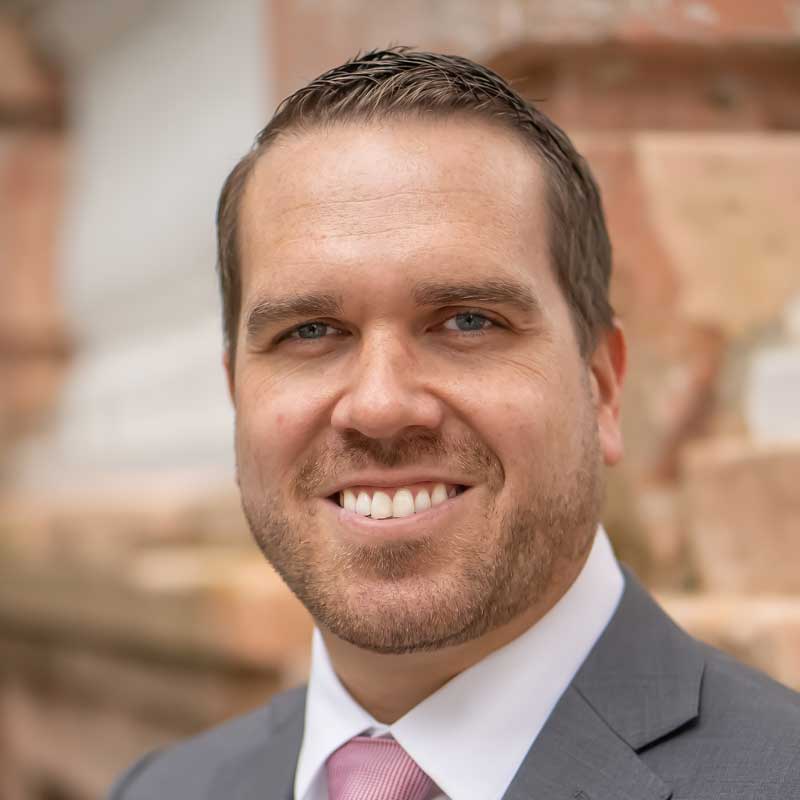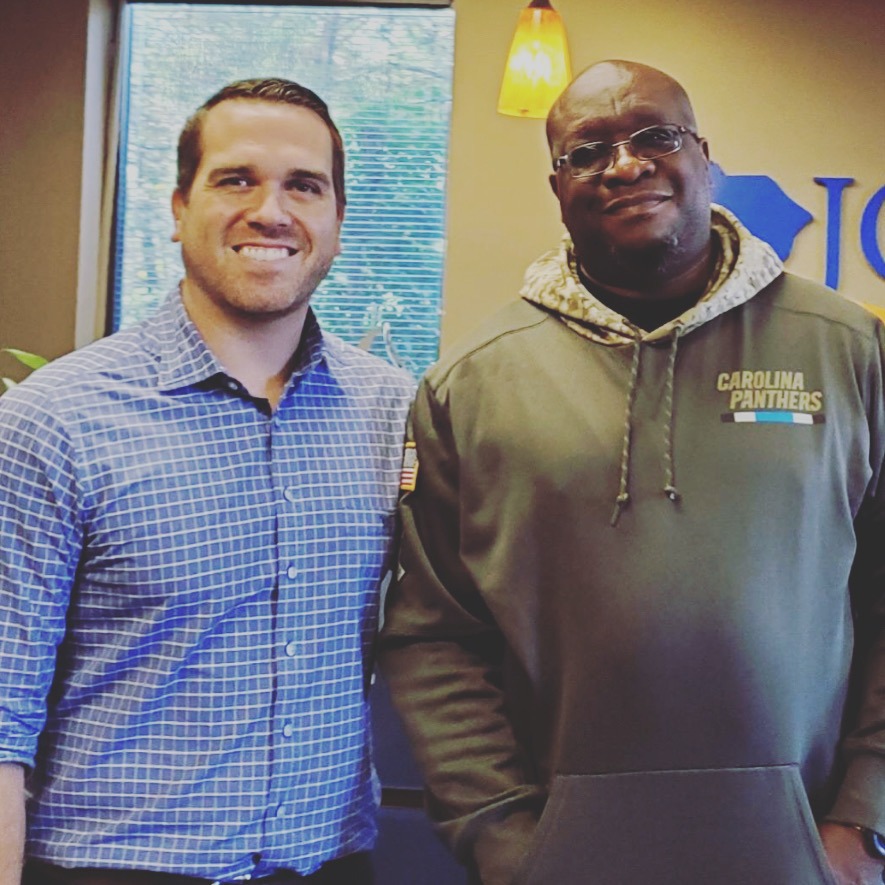You’re in a car accident.
It’s obvious that the accident wasn’t your fault. What do you do?
Even when an accident isn’t your fault, there are important things that you need to do to protect your rights.
The Bringardner Injury Law Firm explains what to do after a car accident that isn’t your fault.
9 Steps to Take After a Car Accident That Isn’t Your Fault
1. Report the accident
Law enforcement can be your ally when it comes to documenting how the accident occurred and that it wasn’t your fault. They are a neutral third party, and usually have training in accident investigation. The law enforcement officer that creates the report can be a valuable witness in your favor. You can call them to testify in your civil case, if necessary.
In addition to having a reliable witness at the scene of the accident, another reason to call the police is that the South Carolina Motor Vehicles law § 56-5-1260 requires it if anyone is hurt. Drivers in any accident resulting in injury must report the accident as quickly as they can. The report should go to the local police department if it happens in a city, otherwise to the county sheriff or South Carolina Highway Patrol.
2. Get medical attention
At the scene of a car accident, you will be shaken up. Adrenaline will be coursing through your body. It is important to get evaluated for injuries at the scene and to follow up with a doctor. It is common for pain to set in hours, days, and even longer after an accident. You may think that you are just sore, but that soreness may not go away after a crash. It may be something more serious that you thought. The pain may even get worse over time. People don’t want to be injured. People typically don’t want to go to the doctor. They are optimistic that rest and time will resolve the pain.
Unfortunately, that does not always happen. When you delay in seeking medical treatment, the insurance company will try to use that against you. They will argue that you were not badly injured simply because you did not want to go to a doctor. While that is unfair and inaccurate, it’s a common insurance defense tactic. Seeking medical attention is important not only for your health, but to document your condition through medical records.
3. Exchange information with the other driver and witnesses
S.C. Code § 56-5-1230 has another requirement. A driver must provide their driver’s license to any driver, vehicle occupant or other person hit in the accident. They must also give their name, address and vehicle registration number. This is your duty even when you are not at fault.
Comply with this requirement, and make sure that you get the other driver’s information. You also need their insurance information. Take a photo of their driver’s license with your phone if you are able, along with a photo of their license plate. You should write down the information, too.
4. Document the accident scene
Even though the accident obviously isn’t your fault, the insurance company still wants to pay you as little as possible. Documenting the accident scene can help you defend against allegations of comparative negligence and other issues you may not expect. As much as you can, take photos of the accident scene. Include photographs of any specific damage to vehicles as well as the entire scene.
If there is debris on the road, photograph it, too. Take names and contact information for witnesses and vehicle occupants. Witnesses may provide contact information to law enforcement, but their information does not always get put into the report. You should protect yourself and write down the contact information for all witnesses. Write down information as soon as you can because it can be hard to remember details in the aftermath of the accident. (See S.C. Rules of Evidence Rule 1001(2) – Photographs)
5. Be careful what you say
Your statements are admissible against you if your case goes to trial. However, the other drive or the insurance company may twist your words and try to use your words against you. See if anyone needs medical attention and comply with the requirements to report the accident. (See S.C. Rules of Evidence Rule 801(d)(2) – Hearsay, Admission by Party Opponent).
6. Ensure that accident reports are complete
An important part of protecting your rights when you’re not at fault is making sure that the correct accident reports are completed and submitted. A written report of some kind must be filed if there is apparent damage of $1,000 or more. Most car accidents have at least that much damage, so you should count on needing an accident report in almost all circumstances. (S.C. Code § 56-5-1270).
If the police respond and investigate the accident, they prepare the collision report. If they don’t, you have 15 days to submit your own report and verification of insurance to the DMV. If you miss this step, it’s considered evidence that the vehicle wasn’t insured. (S.C. Code § 56-5-1270). Use Form FR-309 to submit your report. Send the form to the South Carolina Department of Motor Vehicles, Financial Responsibility, P.O. Box 1498, Blythewood, SC 29016-0040.
7. Get a copy of the collision report
A detailed collision report will be available when it is processed by the Department of Motor Vehicles. Request a copy of the collision report online or use Form FR-50 to make a written request at a DMV branch or by mail. There is a small fee and an attorney can help obtain the report for you.
8. Call an attorney and do not speak to any insurance company
Even when an accident is not your fault, the accident needs to be reported to the insurance companies involved. It’s best to have a lawyer to represent you when communicating with any insurance company, including your own, because their interests may become adverse to yours. The insurance company will want to ask many questions, most of which are intended to elicit information that will only help them pay you as little as possible, or nothing at all.
The insurance company representative may seem friendly or even make promises, (e.g., to pay some of your medical bills or reimburse you for lost income), but they have no intention of doing so. Do not be fooled by empty promises.
9. Pursue fair compensation
Accident victims have the right to receive compensation for their losses, damages and harms. If you’re in a car accident that isn’t your fault, you shouldn’t bear the financial burden. You may – and you should – claim compensation through an insurance company or directly against a responsible party. It’s smart to have a lawyer represent you throughout the process. The sooner a lawyer is involved, the sooner they can get to work representing your interests to help you receive justice.
Lawyers for a Car Accident That Wasn’t Your Fault
When Bringardner Injury Law Firm represents you, you can leave everything to us. We do everything possible to win your case, recover the maximum amount, and work through your case quickly. Contact us today to talk about your case.

